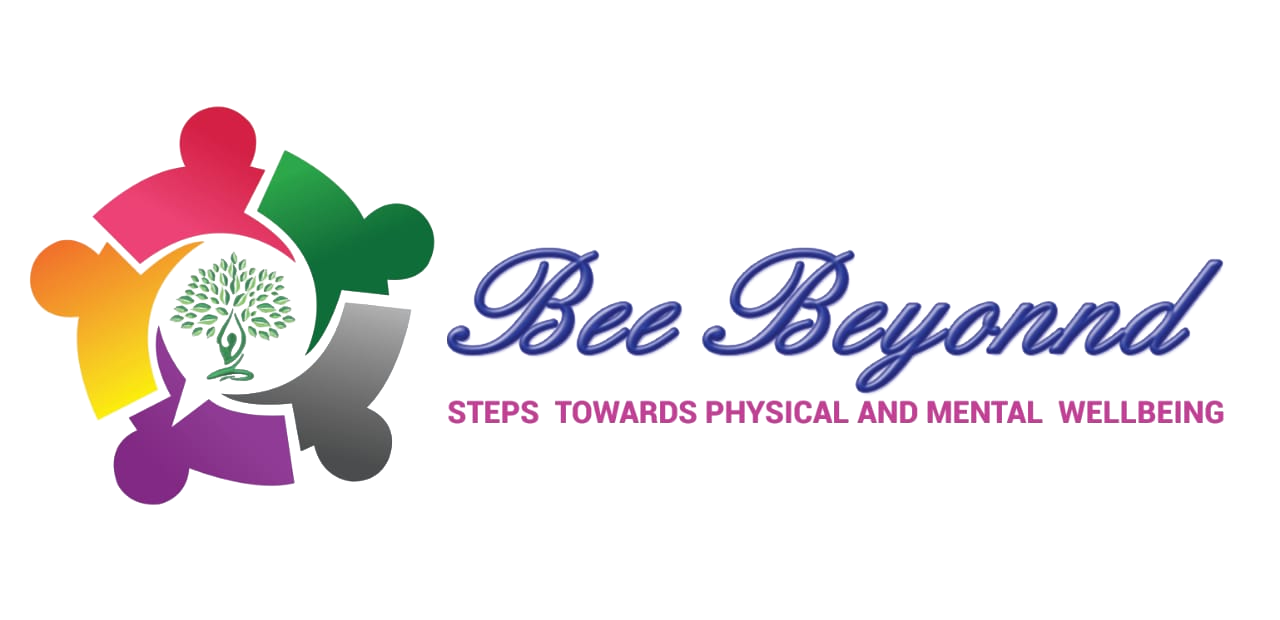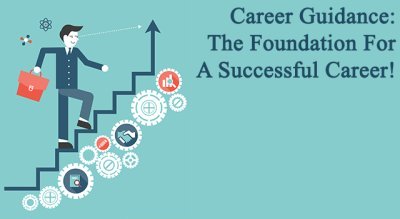A common misconception is that life coaches provide advice, says Kate Bathras, a Certified Professional Coach and member of the ICF. “It’s not a coach’s role to impart wisdom, but rather to facilitate the client's own process of connecting to their inner wisdom, and making choices about their actions and next steps from that place of connection,” she explains. In that sense, a coach is an unbiased brainstorming partner—you’re still the one doing the heavy lifting.
And how is a Life Coach different from a therapist?
Coaching can be therapeutic, but there are some major differences between life coaching and therapy. “A coach looks at your present to help you create the future you desire, while a therapist looks at your past to help you manage your present,” explains Tess Brigham, a licensed psychotherapist and board-certified coach (BCC). “So while coaching is action-oriented, therapy is insight-oriented.”
A session with a life coach will feel a lot different than one with a therapist—one provides structure and accountability while the other is more open-ended. “My coaching sessions are very directive—clients complete questionnaires to identify goals and always have homework to accomplish between sessions so I'm learning what they have or haven’t done since our last session,” says Brigham. “In therapy sessions, I let my clients decide which direction they would like to go in, and our conversation is usually determined by how they’re feeling in that moment, any insights they gained since we last met, and what people or events may have triggered their feelings.”
Life coaching sessions tend to be more direct.
You’re also not going to go to a life coach and get a diagnosis. “A licensed therapist is someone who has been trained, gained clinical hours that were supervised by professionals, and have been vetted by a board,” says Angela Kenzslowe, a clinical psychologist. “They diagnose disorders, have the skills and tools to work with traumas, and work with short-term behavioral modifications.”
That’s not to say life coaches don’t have tools and skills for specific aspects of life—but there’s no healing work, she adds. “The challenge is that there are no regulations or standard of care for life coaches. Anyone can hang a shingle and call themselves a coach,” she says. “That doesn’t mean that life coaching can’t be effective; it just means that a person must do their due diligence in vetting a life coach.” Look for ones who have received training through a certifying body such as the ICF or BCC.










